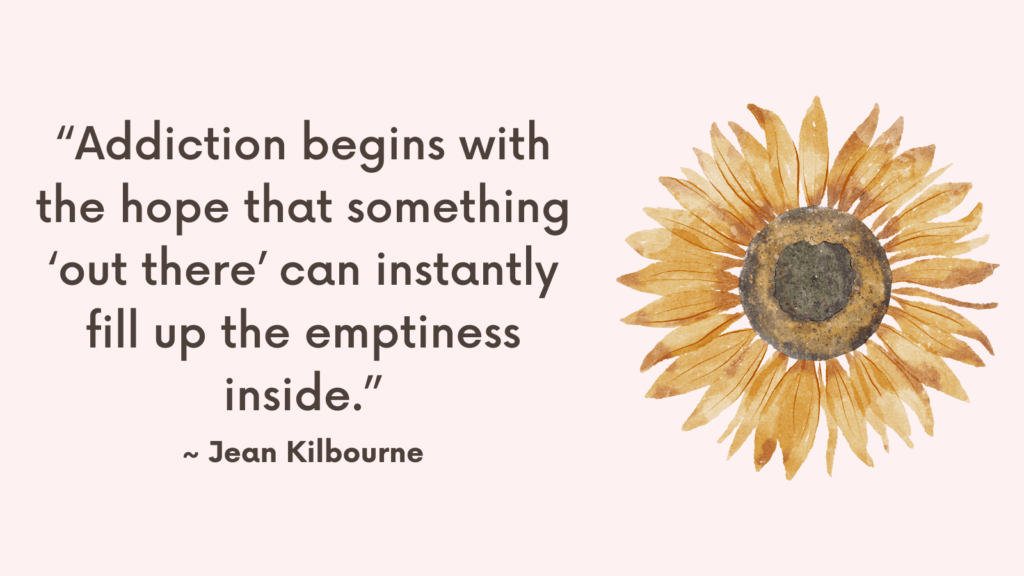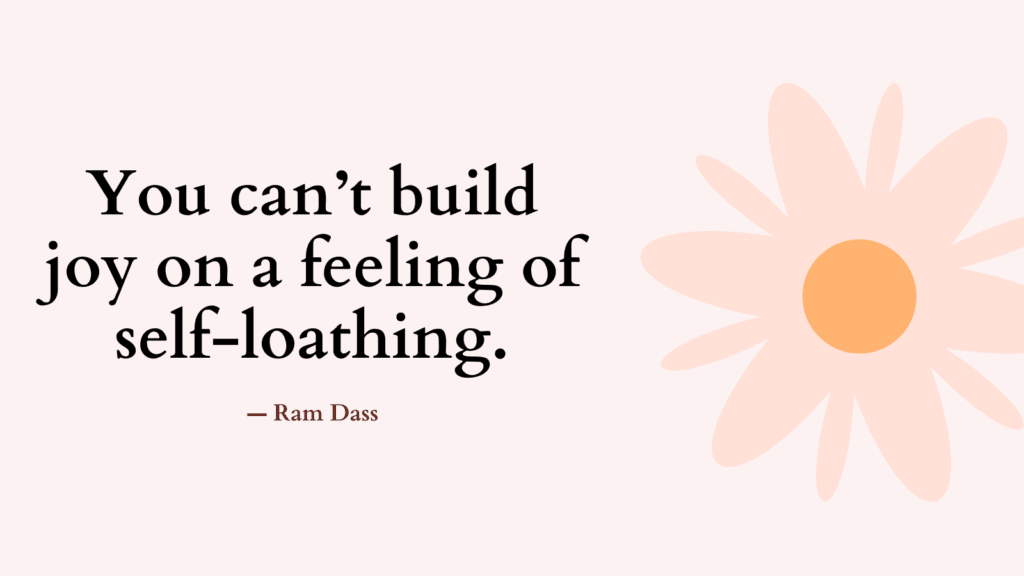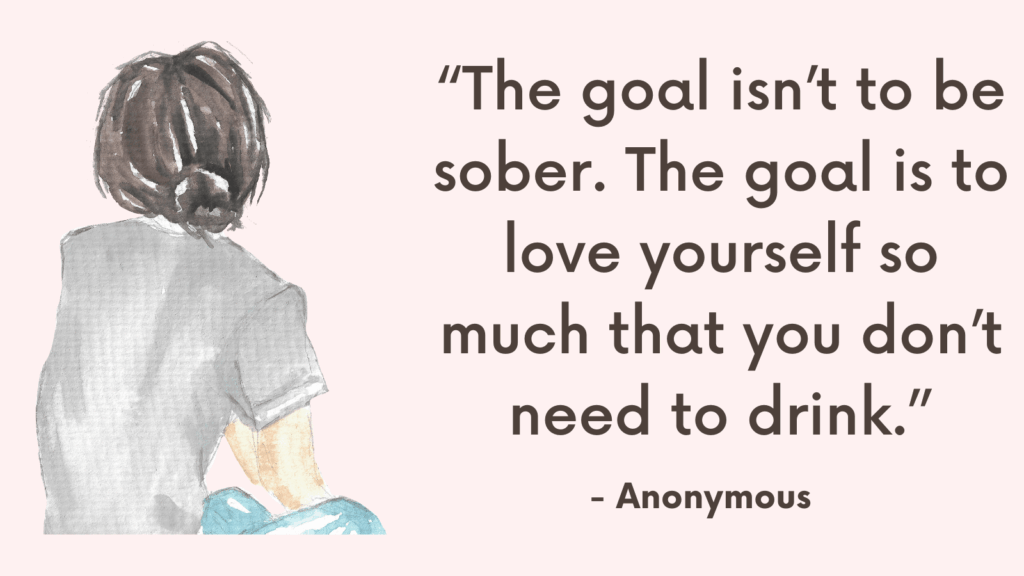Can a drug addict truly love someone? Read on to find out.
Can a Drug Addict Truly Love Someone?
While addiction can pose significant challenges to maintaining healthy relationships, love can still exist within the heart of a drug addict.
However, it is important to approach this question with nuance, as it is possible for a drug addict to experience love for someone else.
Here are a few things to consider:
1. Complex Nature of Addiction
Drug addiction is a complex and multifaceted condition.
It affects brain chemistry and alters an individual’s thoughts, emotions, and behaviors.
The primary focus of an addicted person often becomes obtaining and using drugs, which can overshadow other aspects of their life, including relationships.
Thus, the addictive behavior can impede their ability to express love fully.
2. Love and Attachment
Love is a complex emotion that involves deep attachment, care, and concern for another person’s well-being.
While addiction can temporarily disrupt one’s ability to prioritize and express love, it does not necessarily mean that true feelings of love are absent.
Underneath the addiction, there may still be genuine emotions and a desire for connection.
Related: Love Addiction Test (+ Resources For Love Addiction)
3. Impaired Communication and Trust
Addiction can profoundly affect communication and trust within a relationship.
Addicted individuals may struggle to effectively express their feelings or maintain open and honest communication due to shame, guilt, or the fear of judgment.
Trust can also be eroded by broken promises, dishonesty, and deceit that often accompanies addiction.
4. Addiction as a Coping Mechanism
Many individuals turn to substance abuse as a way to cope with underlying emotional pain, trauma, or mental health issues.
Addiction becomes a means of self-medication, numbing emotional distress rather than effectively addressing it.
In such cases, the addict’s capacity to engage in healthy expressions of love may be hindered by unresolved emotional struggles.
5. Balancing Priorities
Addiction often consumes a person’s time, energy, and resources, leaving little room for focusing on the needs of others.
Juggling the demands of drug-seeking behavior, withdrawal symptoms, and the consequences of addiction can make it challenging for an individual to prioritize their relationships effectively.
Related: Top 5 Tips On How To Recover From Love Addiction
6. Impact on Behavior
Substance abuse can lead to changes in behavior, including selfishness, deceitfulness, and manipulation.
These negative behaviors can strain and damage relationships, making it difficult for loved ones to perceive or believe in the addict’s capacity for love.
How to Support an Addict?
Supporting an addict requires a comprehensive approach that addresses their physical, emotional, and psychological needs.
Here are some ways to support an addict in their recovery journey:
1. Educate Yourself
Gain knowledge about addiction, its causes, and the recovery process.
Understanding the complexities of addiction can help you provide informed support and approach the situation with empathy and compassion.
2. Maintain Open Communication
Create a safe and non-judgmental space for the addict to share their thoughts and feelings.
Encourage open and honest communication, listening actively without interrupting or passing judgment.
This can help foster trust and build a supportive relationship.
Related: How to Break the Addiction Cycle? [Definitive Guide]
3. Encourage Professional Help
Encourage the addict to seek professional help from addiction specialists, therapists, or counselors.
Professionals are equipped with the knowledge and tools to provide effective treatment and support tailored to the individual’s specific needs.
4. Attend Support Meetings
Encourage the addict to attend support group meetings such as Alcoholics Anonymous (AA) or Narcotics Anonymous (NA).
These groups provide a supportive community where individuals struggling with addiction can share their experiences, seek guidance, and find strength in each other’s journeys.
5. Set Boundaries
Establish clear and healthy boundaries with the addict, ensuring that their behaviors do not enable their addiction.
It is essential to avoid enabling actions that may unintentionally support their destructive behavior.
Setting boundaries helps protect your own well-being while encouraging the addict to take responsibility for their actions.
Related: How to Help an Addict without Enabling?
6. Encourage Healthy Lifestyle Choices
Promote and support the addict in making healthy lifestyle choices.
Encourage regular exercise, a nutritious diet, adequate sleep, and stress management techniques.
These practices can contribute to overall physical and mental well-being, which is crucial during the recovery process.
7. Offer Emotional Support
Addiction often brings feelings of guilt, shame, and low self-esteem.
Show empathy, validate their emotions, and offer reassurance and encouragement throughout their recovery journey.
Let them know that you believe in their ability to overcome their addiction and that they are not alone.
Related: Can a Relationship Survive Addiction?
8. Avoid Enabling Behaviors
It is important to recognize enabling behaviors and avoid engaging in them.
Enabling behaviors include making excuses for the addict, bailing them out of consequences, or providing financial support that may be misused to fuel their addiction.
Instead, encourage them to face the consequences of their actions, hold them accountable, and support their efforts towards recovery.
9. Encourage Healthy Coping Mechanisms
Help the addict explore healthier ways to cope with stress, anxiety, and other triggers.
Encourage them to engage in activities they enjoy, such as hobbies, art, music, or exercise.
Additionally, suggest healthier coping mechanisms such as deep breathing exercises, mindfulness, journaling, or seeking support through therapy.
Related: Best 99 Coping Skills (+FREE Coping Worksheets)
10. Celebrate Milestones
Acknowledge and celebrate the addict’s milestones and achievements along their recovery journey.
Whether it’s completing a week of sobriety or reaching a significant milestone, cheering them on can boost their motivation and reinforce their progress.
11. Take Care of Yourself
Supporting an addict can be emotionally draining and challenging. It is crucial that you prioritize your own well-being and practice self-care.
Seek support from friends, family, or professionals to ensure you have the necessary resources and resilience to be an effective support system.
Related: Top 45 Self Care Day Ideas at Home To Kickstart Your Self Care Ritual
FREE Addiction Worksheets for Family
Conclusion
Remember that supporting an addict is a complex and ongoing process.
Each individual’s journey is unique, and it is important to adapt your support strategies based on their specific needs.



